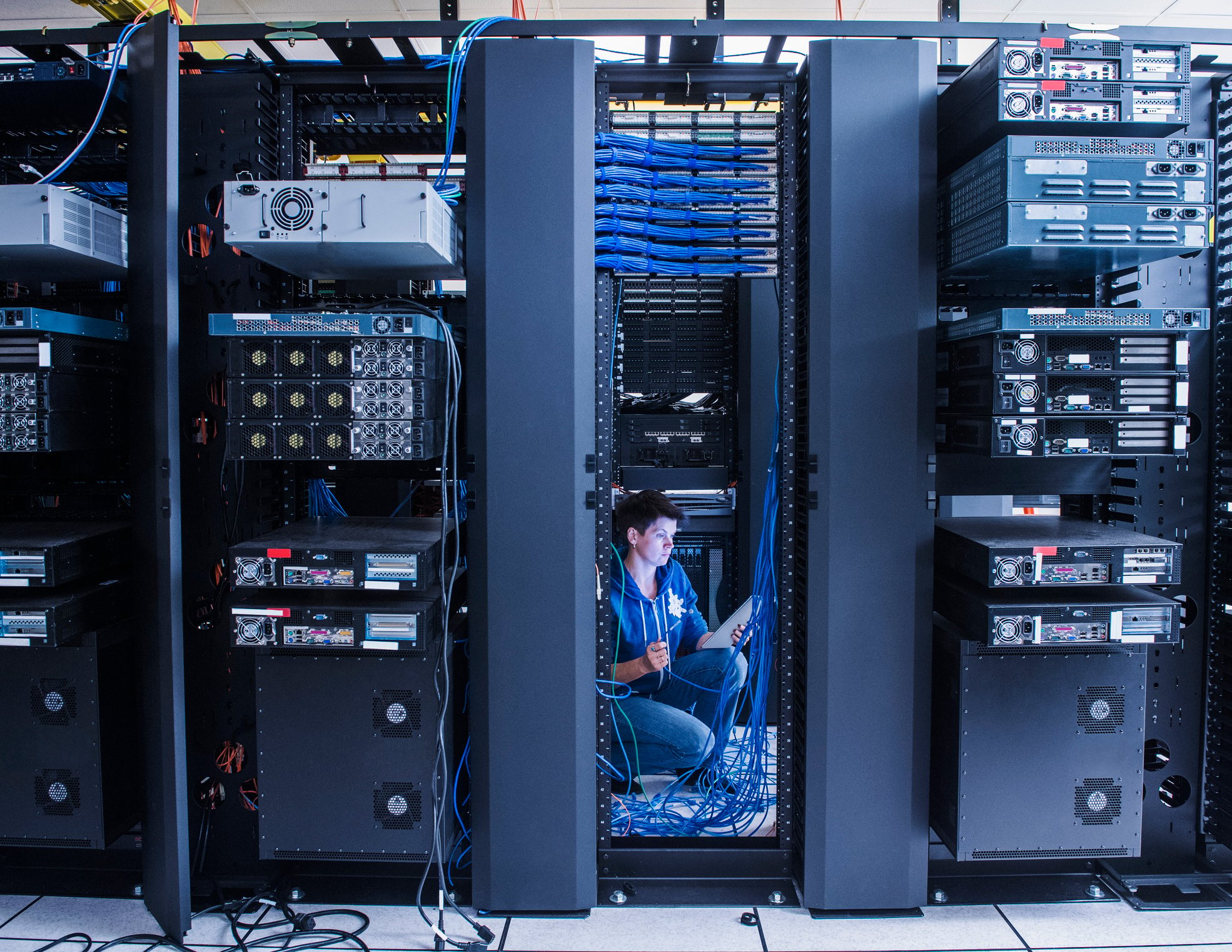After questions were circling about U.S. tariff rates, we finally got our answer. On April 2, President Donald Trump announced reciprocal tariff rates, and one of the highest was with Taiwan at 32%.
This is much higher than the 10% base rate that many countries were hit with, and it concerned many investors because nearly all high-end chips are purchased from Taiwan Semiconductor (TSM 3.03%). A 32% tariff on these high-end chips would drastically affect the prices of smartphones, PCs, and, most importantly, computing hardware used to train artificial intelligence (AI) models.
This tariff announcement caused Taiwan Semiconductor's stock to tumble 7%. So, is it time to panic like the market and sell this stock?

NYSE: TSM
Key Data Points
There is one notable exception for Taiwan Semiconductor
Sometimes, that market isn't as smart as we think it is. There's one important facet that the headline figure of 32% tariffs on Taiwan leaves out: semiconductors are exempt from the "reciprocal" tariffs. This means that chips from Taiwan Semiconductor (or TSMC) will be the same price next week as they were last week.
While there could still be a tariff announcement focused on semiconductors at a later date, that would be complete speculation. Plus, Taiwan Semiconductor is already expanding its U.S. operations. In response to the 2022 CHIPS Act, Taiwan Semiconductor invested $65 billion to build a fabrication plant in Arizona. In March, TSMC announced an additional $100 billion investment to build three manufacturing plants, two packaging facilities, and one research and development center.
Some may say that Trump forced this expansion, but the president of Taiwan and the CEO of Taiwan Semiconductor have both asserted that the expansion was sparked by demand from customers who want American-made chips. Taiwan Semi's current American chip production capacity isn't nearly enough. It has sold out production at its existing Arizona facility through 2027, so it's clear that further investment is needed.
Regardless of whether a semiconductor tariff is eventually implemented, TSMC is working to diversify its global footprint, which will allow it to avoid tariffs. But with the latest sell-off frenzy, is it actually time to buy Taiwan Semiconductor stock instead of selling it?
Taiwan Semiconductor's stock is now cheap
Following the significant market downturn, TSMC stock is now around 35% off its all-time highs established in February. The real concern with Taiwan Semi's stock is that tariffs will raise prices on other key items, which will cause people to not purchase big-ticket items like smartphones. Additionally, AI hyperscalers may be a bit more conservative with their spending, which would hurt another side of TSMC's business.
That's the working theory, but I don't buy the AI hyperscaler part of the argument. These companies are in an absolute race to the top to create the best AI model, and any spending pullback could give competitors a leg up. As a result, I think AI spending should be fine, which will strongly boost TSMC's business.
After the market tumble, Taiwan Semiconductor's stock looks very cheap.
TSM PE Ratio data by YCharts. PE = price-to-earnings.
At 17 times forward earnings, TSMC's stock hasn't been this cheap in about a year, and it is a steal considering how integrated it is with high-technology devices.
However, I'm going to be a bit more patient with the stock. There's no reason to be a hero and rush in to buy stocks while there's still a lot of uncertainty. I think it will be a great stock to buy when the dust settles, which could be a week or two from now.






